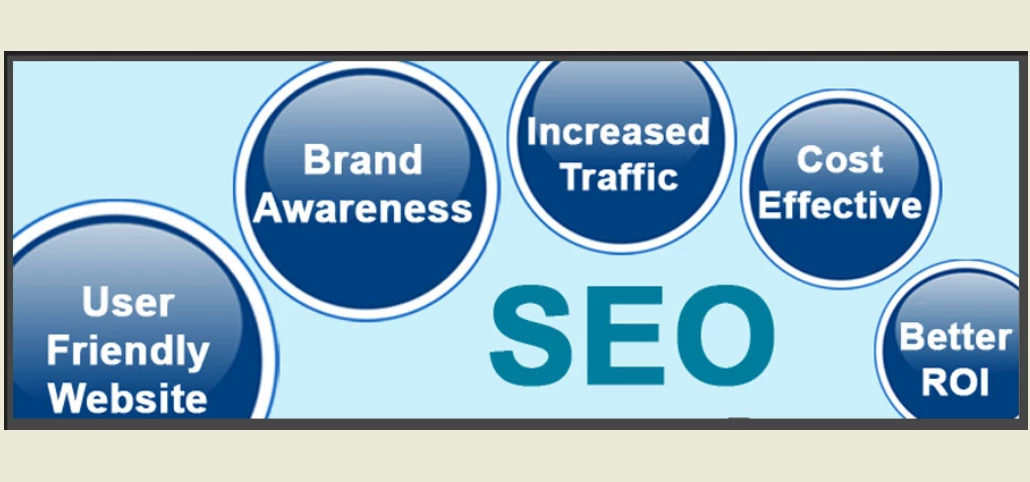
Partner Article
Ethical Guidelines For Search Engine Optimization
Offering relevant, high-quality public information in easy-to-use formats takes putting SEO practitioners to the job. They bump their employers up at higher page rankings but how many adhere voluntarily to the ethical guidelines for SEO?
Just like with politics and even, religion; SEO Ethics has more than one side to it. There are strong opinions in support; varied are the paths to a common end. A good SEO practitioner understands the ethics yet doesn’t always put them to use. But safe-SEO is good practice.
There’s a bias among some SEO practitioners towards surfer behaviour and the search engines’ and sometimes, even their clients; but in an appropriate or correct balance, they all do right. The common way of bending the balance might fulfil the needs, but it doesn’t comply with the set norm and may bring immense downfall for both the SEO-wiz and his employer. That’s it! Let’s not pass any more judgment; let’s simply look at what goes around in the circuit.
• It’s not an SEO expert will intentionally bring harm upon a client, but using any particular technology or procedure for long and without being careful with it may de-list the client’s site from the search engine indexes and directories. Best, it will be rendered inoperative. If that sounds Hebrew, let’s just say that some use potentially harmful technology or procedures; like robots!
• An Expert SEO Service person will not violate intentionally the rules and guidelines from search engines/directories. It’s just that sheer carelessness and negligence might stop taking prompt actions to comply with changes/amendments to existing rules may render a website unusable by the Search Engine(s). They will only allow delay when an instruction appeared unclear to the questioner and the person is awaiting clarification and approval from the rule-setters.
• Organic SEO practitioners bring in the consumers but some do it by misleading them, for selling a harmful product under disguise or just plain appear offending. The use of bait-and-switch (to lead surfers into a famished page that’s been optimized just with keyword or phrases) offends visitors.
• Violating copyright and trademark is simply an infringement that attracts great penalties, even from the Federal levels.
• False representation of content through different versions of the same web pages for different users is a very common practice. Sticking to information alterations under absolute requirements for browser specs and needs is rarer. Regional factors (language), product specific needs are other reasons behind altering information. Legal questions might arise otherwise.
• Using verbatim copies has plagiarism laws to be dealt with. It bumps the pages up but putting up someone else’s work -without explicit permission - as own is copyright infringement again; even a small part of it without the consent of the other party taken first.
This was posted in Bdaily's Members' News section by Graham Burns .








 Raising the bar to boost North East growth
Raising the bar to boost North East growth
 Navigating the messy middle of business growth
Navigating the messy middle of business growth
 We must make it easier to hire young people
We must make it easier to hire young people
 Why community-based care is key to NHS' future
Why community-based care is key to NHS' future
 Culture, confidence and creativity in the North East
Culture, confidence and creativity in the North East
 Putting in the groundwork to boost skills
Putting in the groundwork to boost skills
 £100,000 milestone drives forward STEM work
£100,000 milestone drives forward STEM work
 Restoring confidence for the economic road ahead
Restoring confidence for the economic road ahead
 Ready to scale? Buy-and-build offers opportunity
Ready to scale? Buy-and-build offers opportunity
 When will our regional economy grow?
When will our regional economy grow?
 Creating a thriving North East construction sector
Creating a thriving North East construction sector
 Why investors are still backing the North East
Why investors are still backing the North East